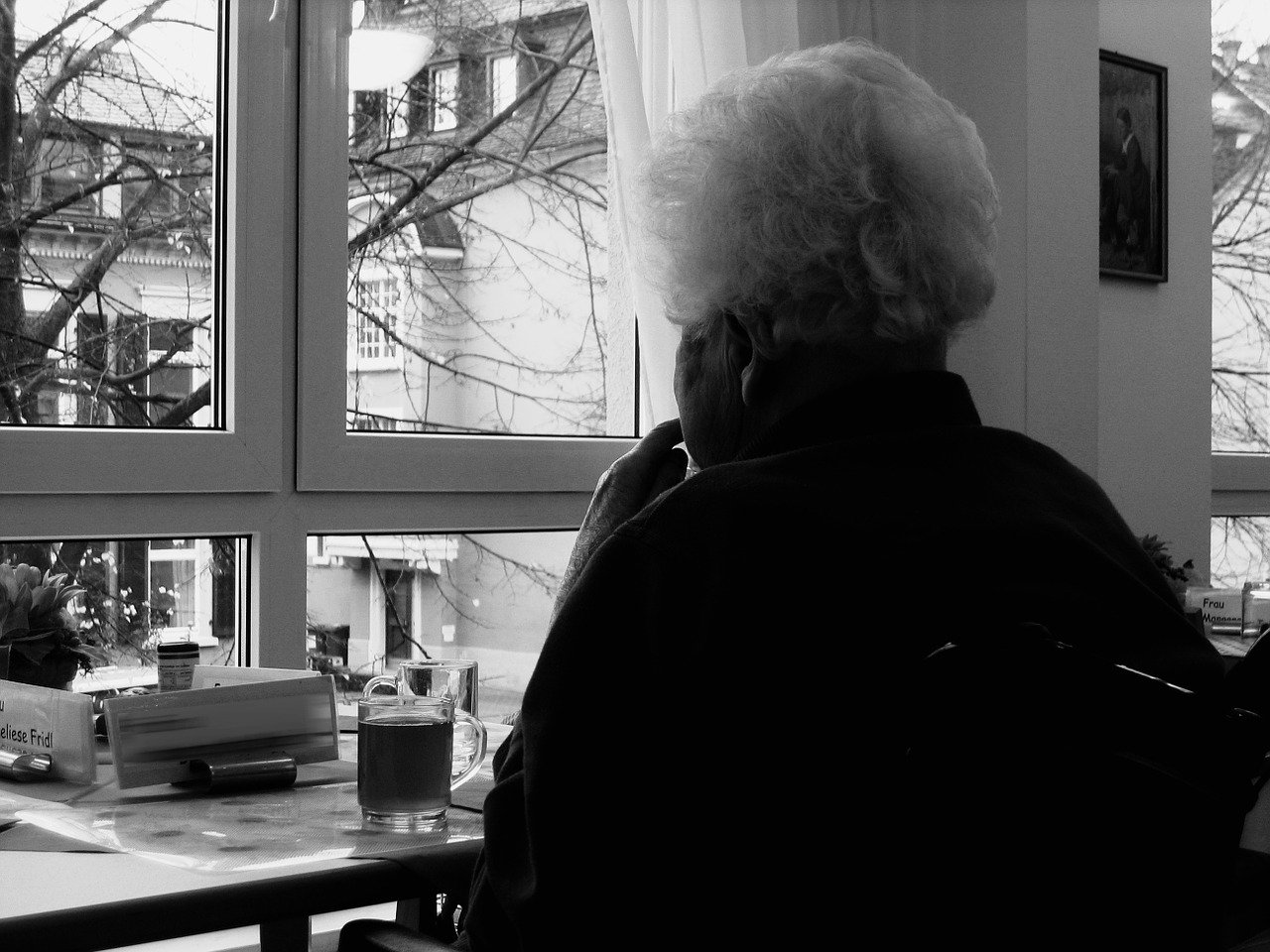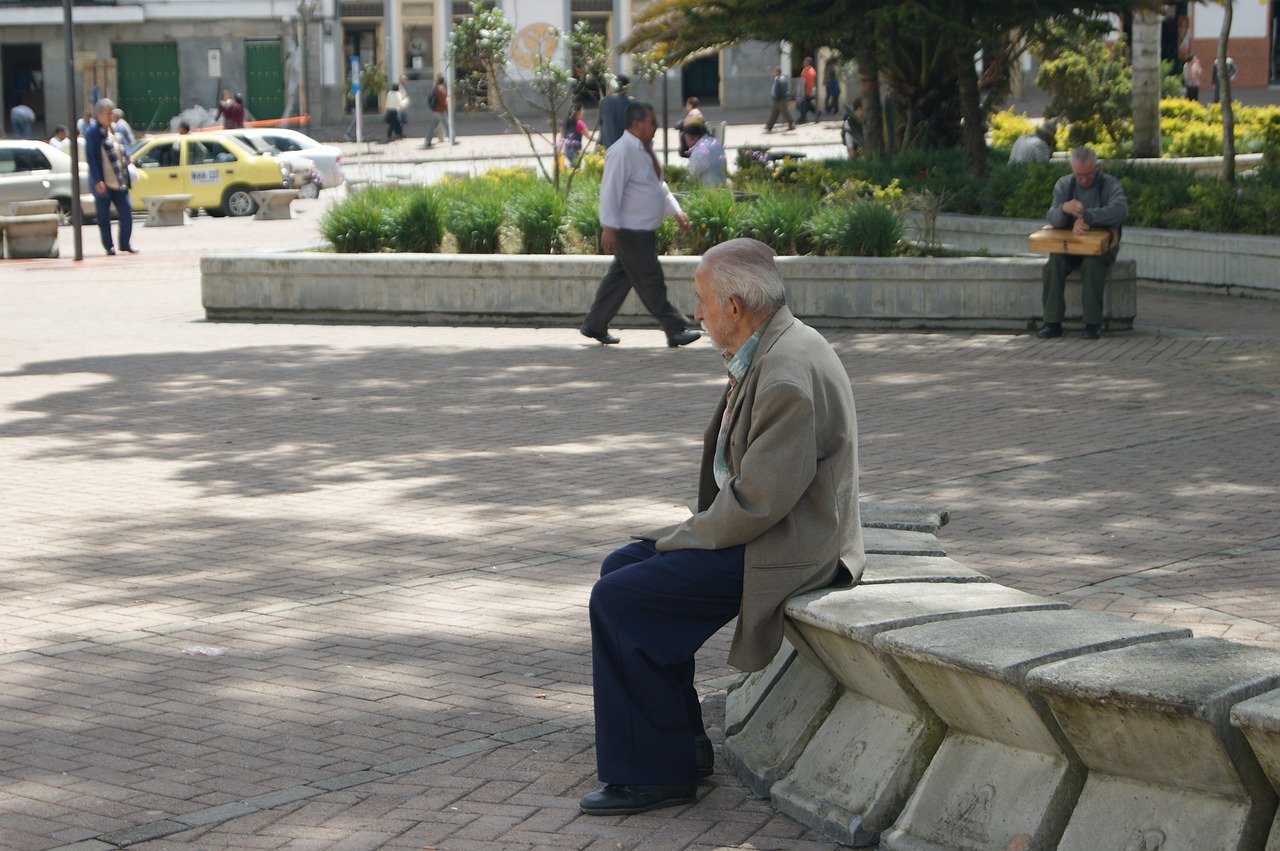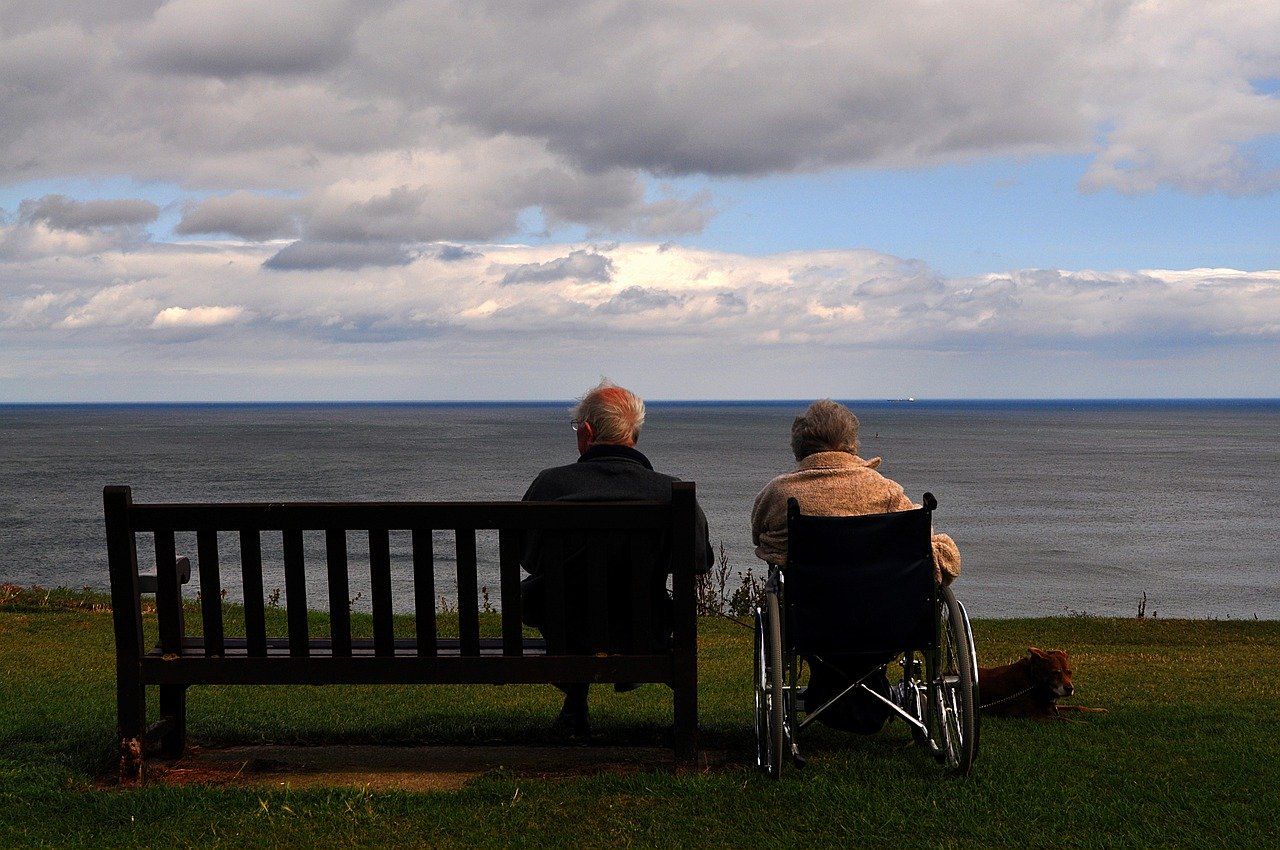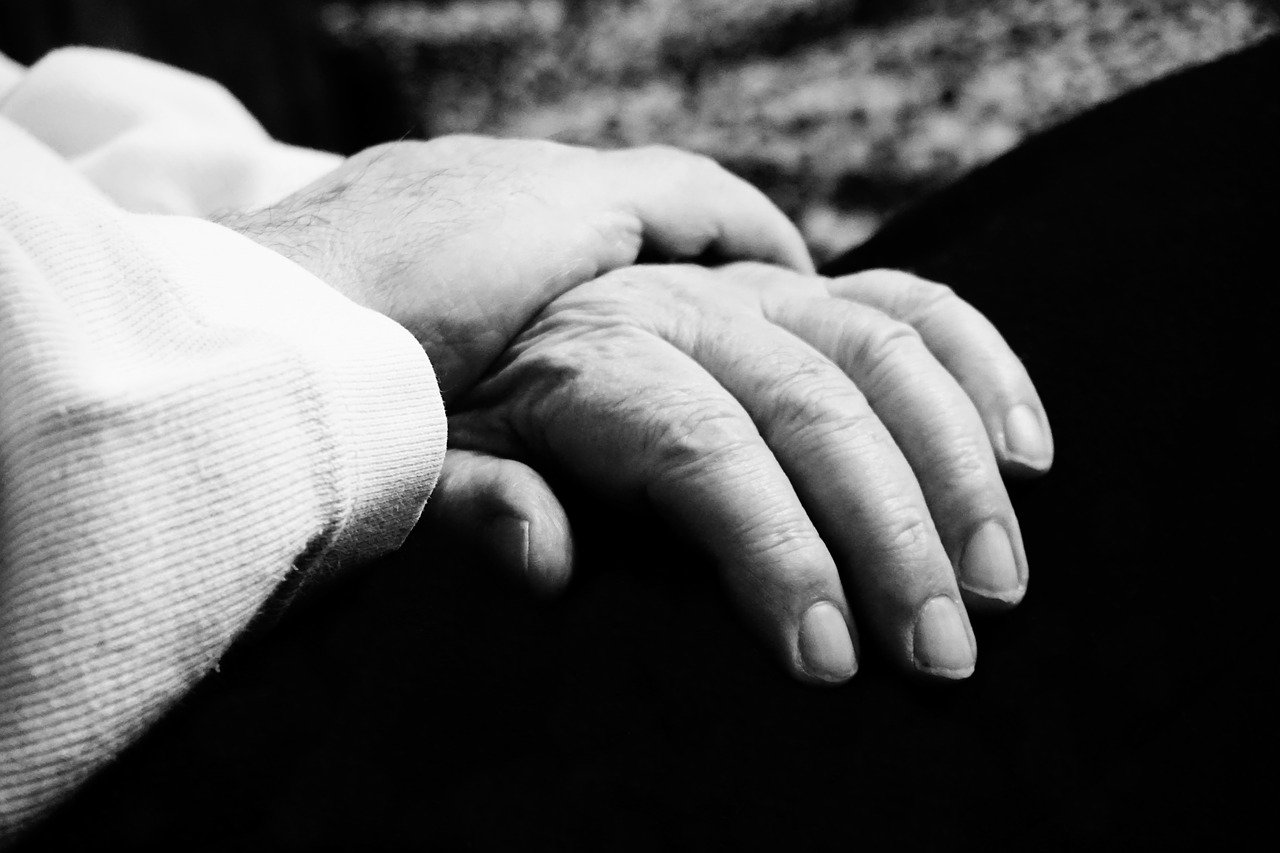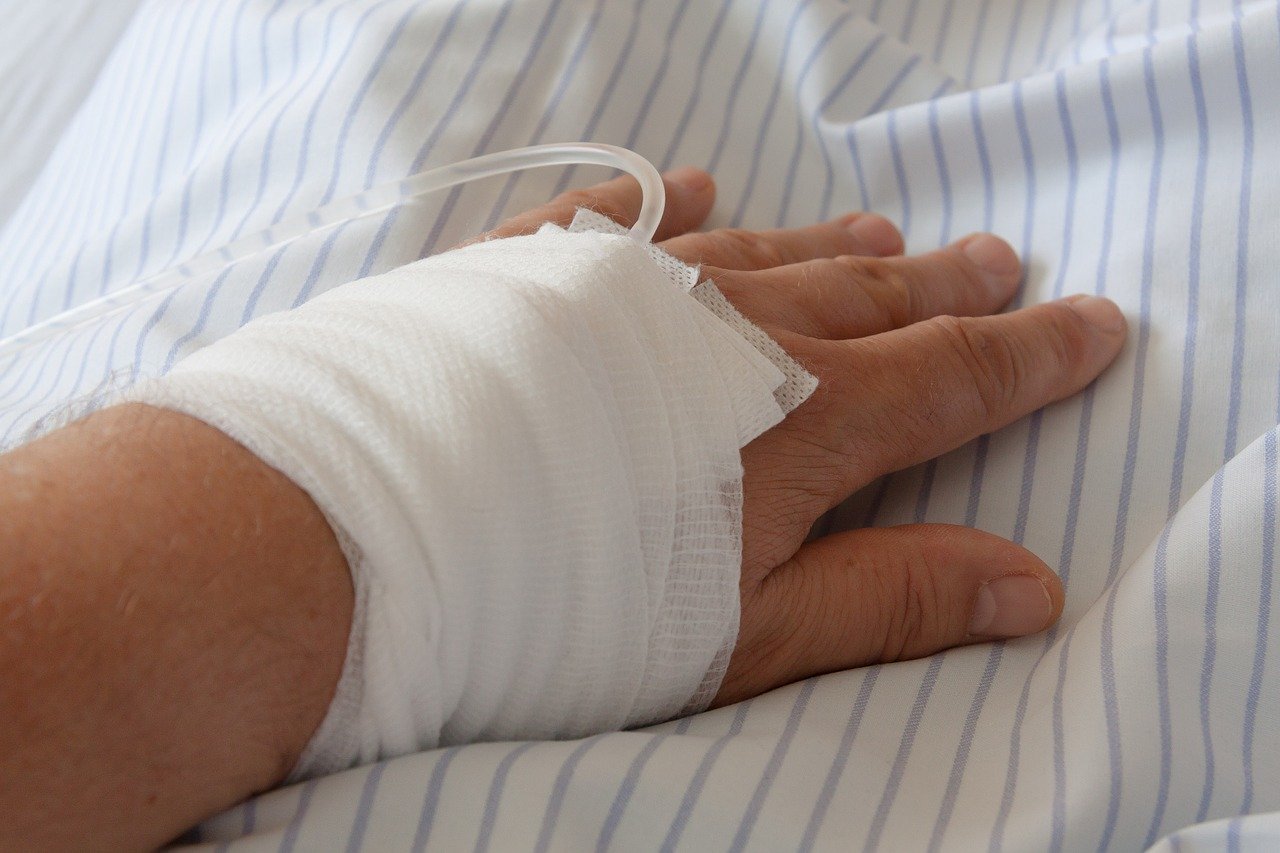In April 2020 researchers from Israel published the results of their study to assess the benefits of free-form dance undertaken by adult grandchildren with their grandparents. The researchers stated that … Read more
Anger, self-confidence, irritability, loss of appetite, and a loss of interest in leisure activities appear to be associated with a decline in the quality of life in carers of children with primary congenital glaucoma
In September 2019 researchers from India published the results of their study to assess the quality of life in caregivers of children with primary congenital glaucoma. A total of 70 … Read more
The time of receiving a diagnosis of Alzheimer’s disease or related dementia appears to be a critical period in the process of transitioning into a caregiver role, and a caregiver’s needs at this time include knowledge and information, emotional and psychological support, and assistance with care planning
In August 2019 researchers from the USA published their review of the medical scientific literature to identify experiences, needs, interventions and outcomes for carers of individuals with Alzheimer’s disease or … Read more
An increasing sense of burden worsens the relationship between the carer and individual with Alzheimer’s disease which in turn may increase the frequency and severity of neuropsychiatric symptoms such as anxiety, agitation, disinhibition, aggressive behavior and sleep disturbance
In September 2019 researchers from Turkey and Italy published their review of the medical scientific literature to assess the potential influence of symptoms experienced by individuals with Alzheimer’s disease on … Read more
Carers who receive training to support the recovery of older individuals discharged from hospital following a stroke may have lower anxiety levels as well as a reduced feeling that the person is a burden 12 months later
In September 2019 researchers from the UK, Germany and Australia published their review of the medical scientific literature to assess the effectiveness of caregiver interventions to support the recovery of … Read more
It is difficult to draw firm conclusions from research undertaken to date regarding the effectiveness of psychosocial interventions for carers of individuals living with cancer but it should be noted that the content of a few interventions may be perceived as insensitive to some individuals
In June 2019 researchers from the UK published their review of the medical scientific literature to assess the effectiveness of psychosocial interventions designed to improve the quality of life, physical … Read more
Carers of individuals with Parkinson’s disease may find a healthy balance in terms of their own wellbeing by jointly participating in two-thirds of activities while ensuring the remaining third is time reserved for themselves
In April 2020 researchers from the UK and Switzerland published the results of their study to assess the reasons for caregiver participation in a variety of activities and whether participation … Read more
A single yoga group class appears to significantly improve symptoms of anxiety, lack of appetite, depression, drowsiness, fatigue and well-being in a group of individuals with cancer as well as in their caregivers
In December 2018 researchers from the USA published the results of their study to assess the effects of group-based yoga classes offered at a cancer centre. A total of 205 … Read more
Following a single yoga session children diagnosed with cancer or a blood disorder appear to experience a significant decrease in pain but no change in anxiety levels, whereas both adolescents and parents have a significant decrease in anxiety levels
In March 2020 researchers from the USA published the results of their study to assess the effect of a single bedside yoga class on children and adolescents diagnosed with cancer … Read more



